The Great War
Known by many as the Great War, Europe was put into total disarray when WW1 took place. One of the most brutal battles was fought in the region of the Italian Alps. However, there’s no museum or plaque to mark this sight.
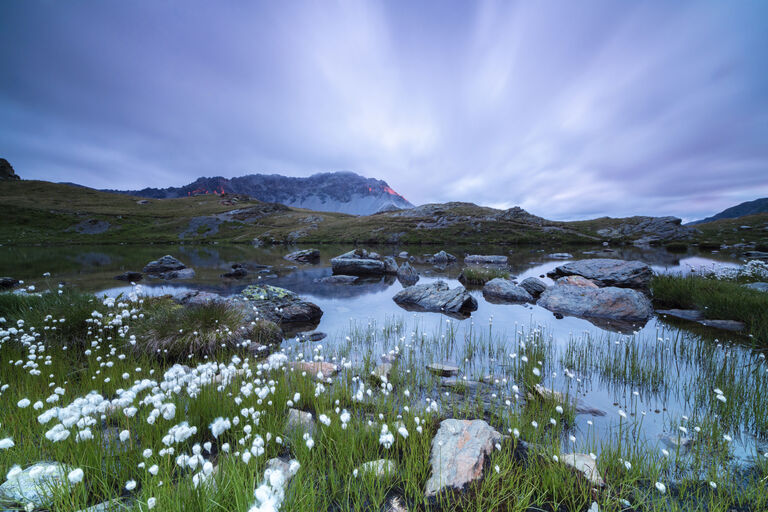
The Great War
Icy Plateau
The only things that can be seen in this region are ice and snow. These areas of the Italian Alps are dominated by glaciers. Nobody expected there to be a relic of this dark period in such a beautiful landscape.
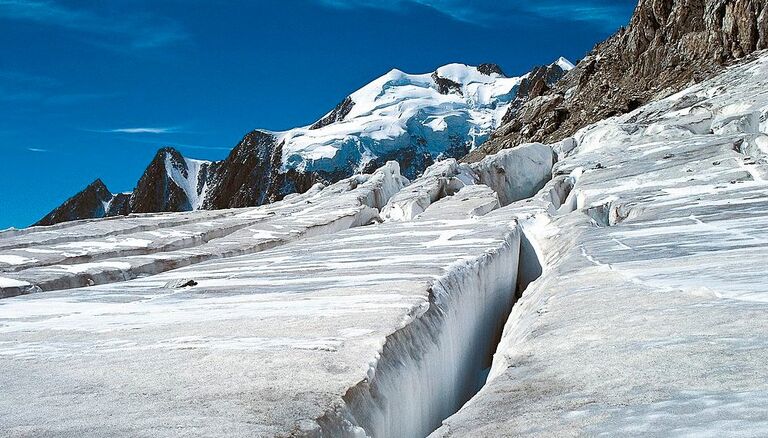
Icy Plateau
The First Time
Researchers walked into a cave in this region in 2017. Previously, it had been sealed by snow and ice. After entering, these researchers gain tremendous insight into the soldiers who had fought in WW1.
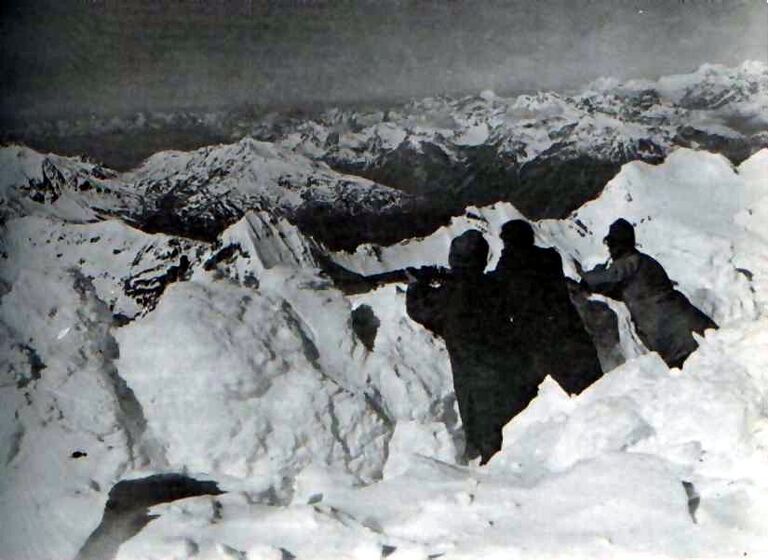
The First Time
Bordering Two Nations
Where did they find this cave? The stories of these brave men were left at Mount Scorluzzo, which is near the border of Switzerland and Italy. This mountain stands at 10,000 feet above sea level and has a great view of the Alpine region.
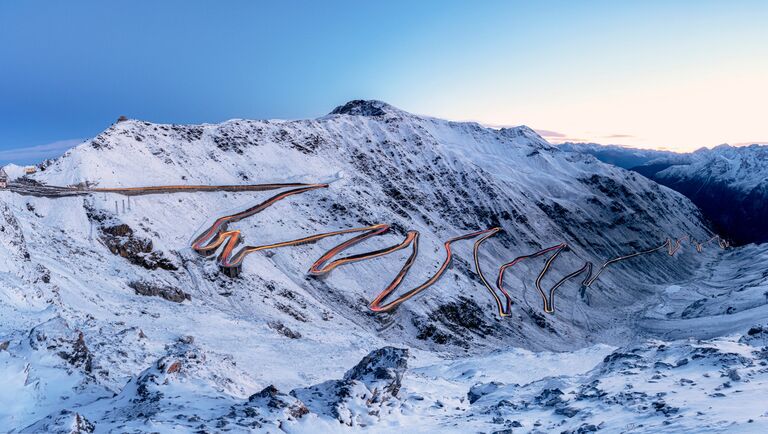
Bordering Two Nations
Not Only Climbers
Mount Scorluzzo isn’t challenging to climb when compared to other peaks. However, not only climbers ascended it. The mountain was used as a vital border called the Stelvio Pass for the Kingdom of Italy and the Austro-Hungarian Empire.
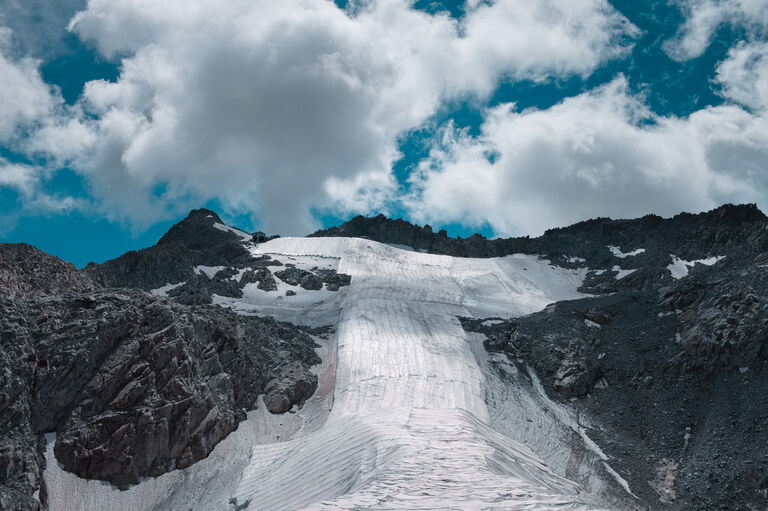
Not Only Climbers
Treaty of Vienna
There was a war between these two states until they signed the Treaty of Vienna in 1866. The region enjoyed peace until the outbreak in July 1914. Old tensions came to the surface while complex conflict continued spreading across the region.
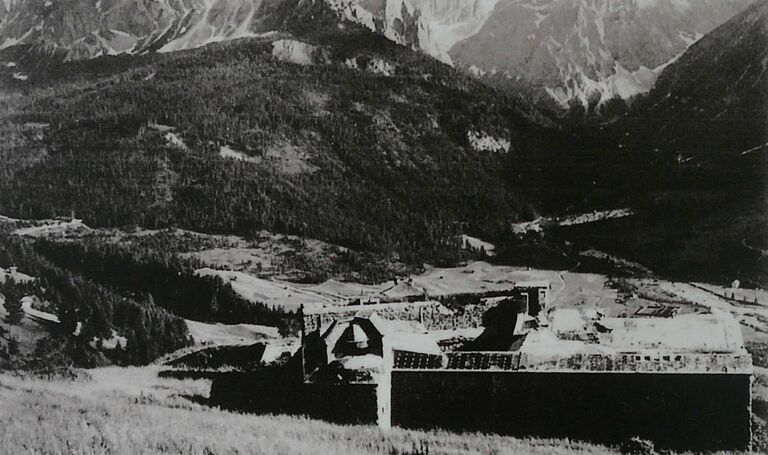
Treaty Of Vienna
Treaty of London
After signing the Treaty of London in 1915, Italy broke free from the Triple Alliance formed with Austro-Hungary and Germany. This led to the two entities bordering the Stelvio Pass being at war once again.
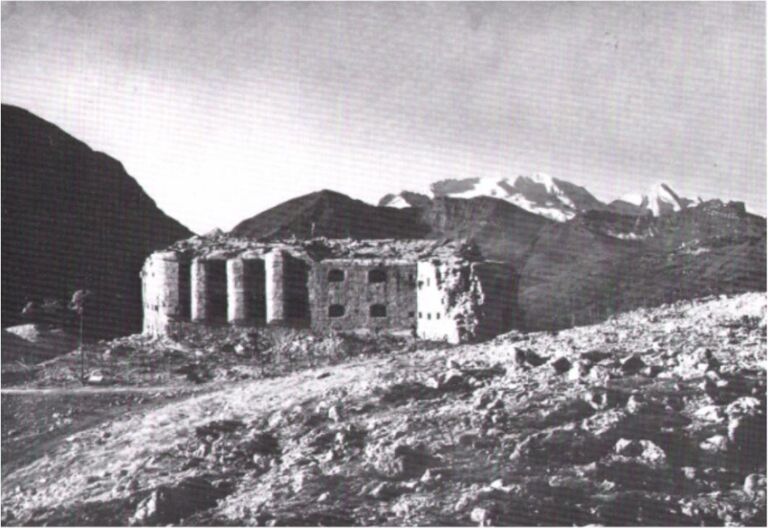
Treaty Of London
The Conflict
Mount Scorluzzo was the feature separating these two countries and had many amazing advantages during this conflict. It wasn’t a surprise when the war reached the Alps. Soldiers began battling out in what was called the White War.
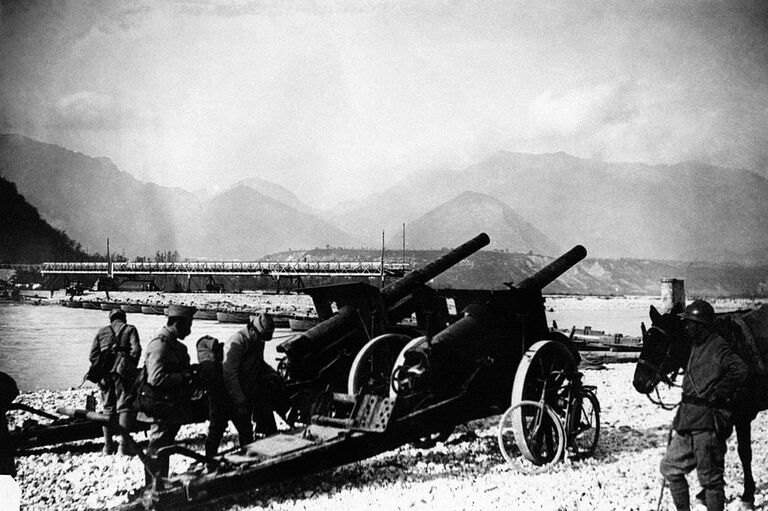
The Conflict
Alpine Paradise
Despite all this conflict in the region, Mount Scorluzzo once served as an Alpine paradise. However, it was turned into a violent battlefield where young soldiers were forced to climb these snowy peaks with heavy weaponry.
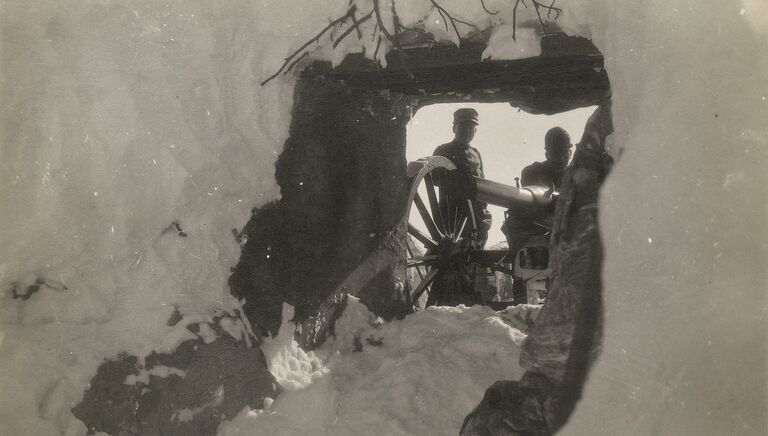
Alpine Paradise
Very Hostile
At this time, soldiers had to fight against the difficult environment while also facing threat of avalanches and fighting a war. There were times where the temperature was less than -40 degrees Fahrenheit and blizzards were a frequent occurrence.
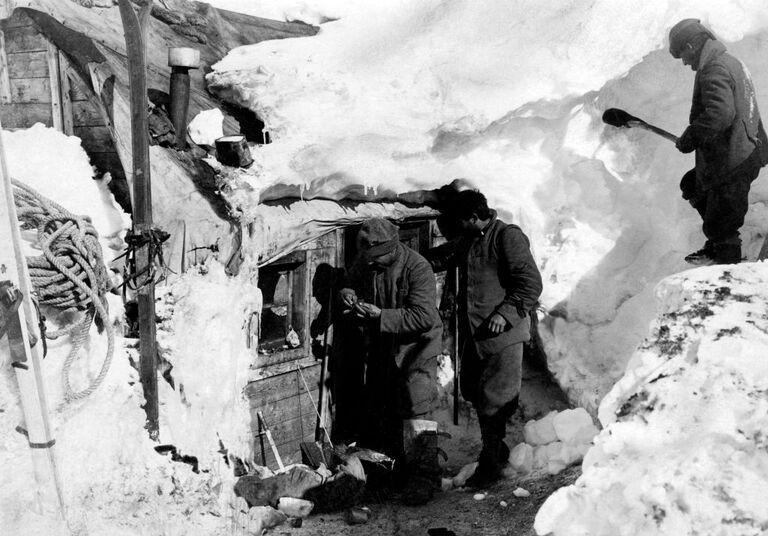
Very Hostile
Not Easily
Governments found it tremendously difficult to send resources and food to the soldiers fighting at the front lines. Men were starving and freezing, but they had to fight to survive. Experts also believe that the environment in this region killed more servicemen than any other battle in WW1.
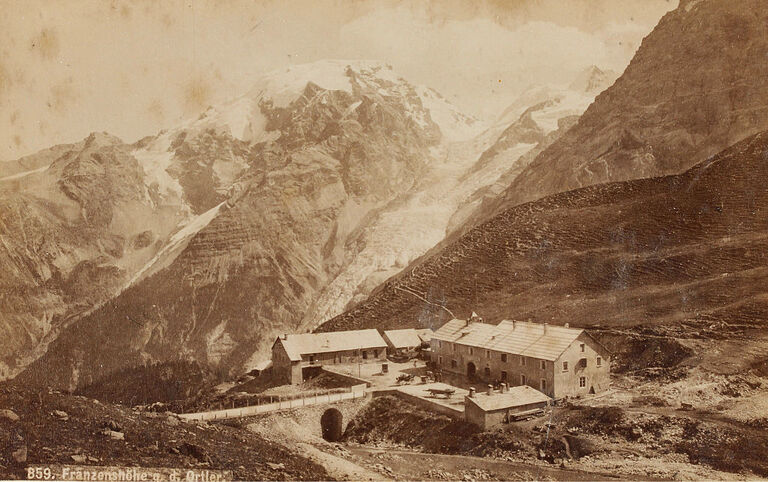
Not Easily
Difficult Times
The White War was known as the battle being fought at the roof of the world. The battle lasted for three years, and it was the area where many believed was the most difficult for these soldiers.
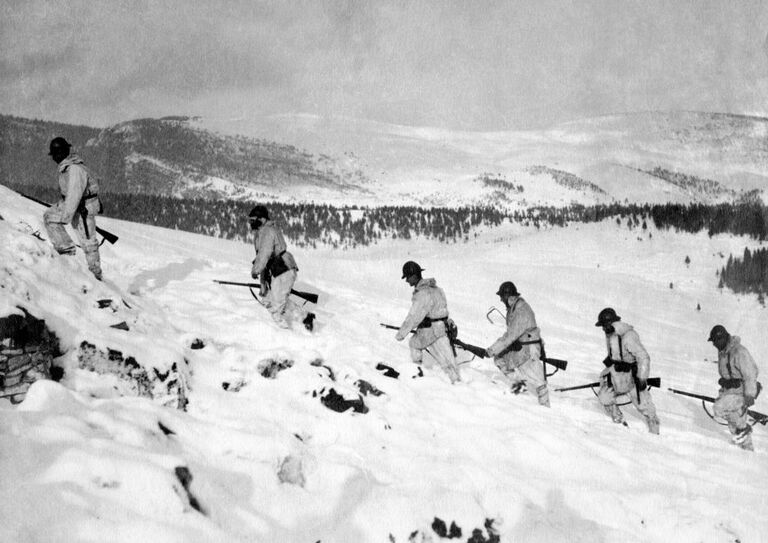
Difficult Times
Finally Coming to an End
The Italians launched an attack on the Tonale Pass in November 1918, which was 40 miles away from Mount Scorluzzo. The troops were victorious against Austro-Hungary. From here, the allied nations followed suit.
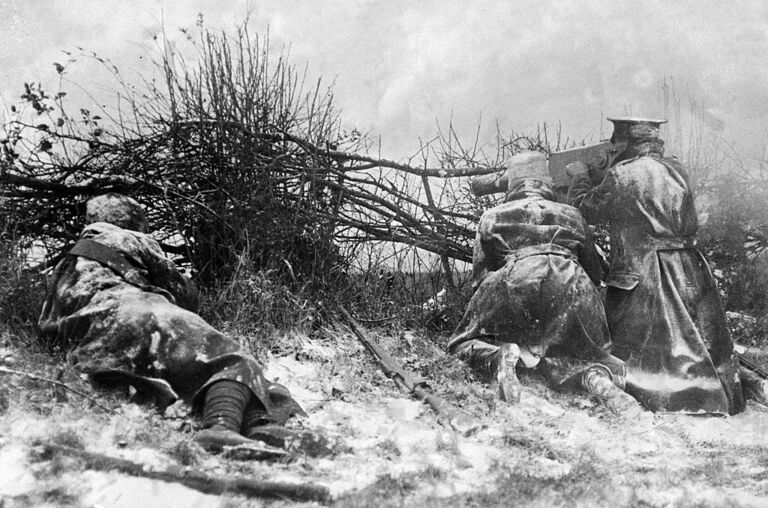
Finally Coming to an End
Descending the Mountain
Within two weeks of this success, the First World War was finished. The remaining soldiers could say goodbye to the brutal battlefield and descend Mount Scorluzzo. They abandoned a lot of the relics and left.
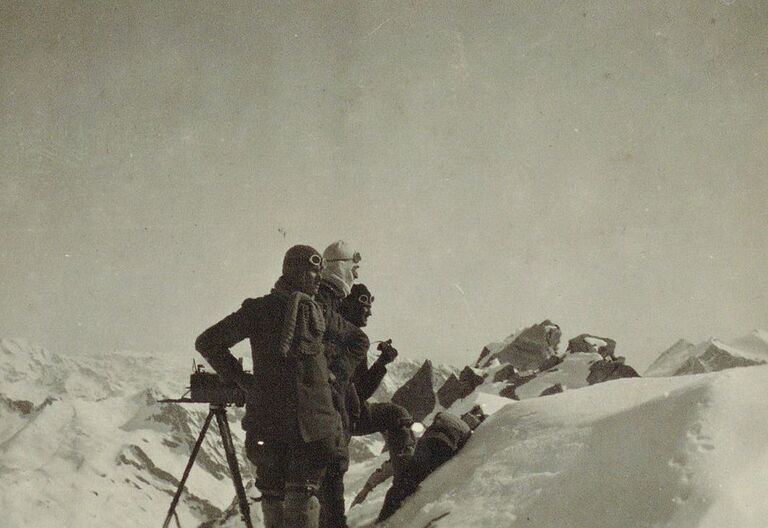
Descending the Mountain
Into a Monument
In many places, the sights that served as battlefields were turned into museums or monuments. However, this isn’t the case for the Italian Alps. The relics left at Mount Scorluzzo remained for a long time and are now only being discovered.
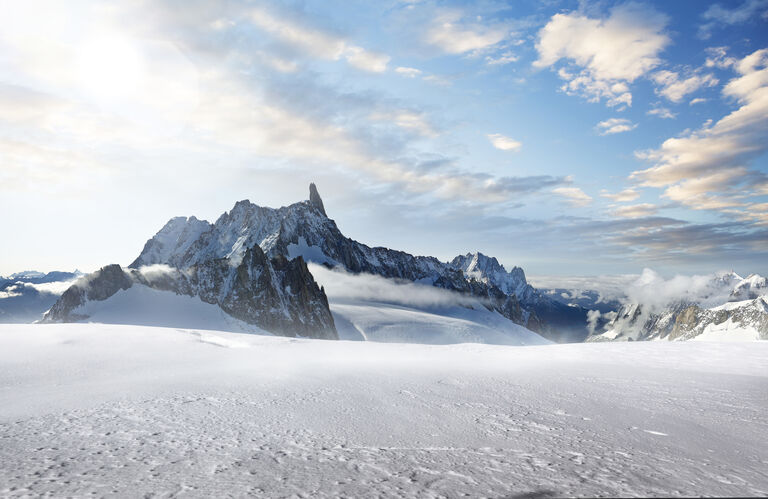
Into a Monument
Climate Change
The world is rapidly evolving because of climate change. This change in temperatures has caused the region’s glaciers to melt and reveal the truth surrounding the White War. Discoveries about this battle were found in 2018.
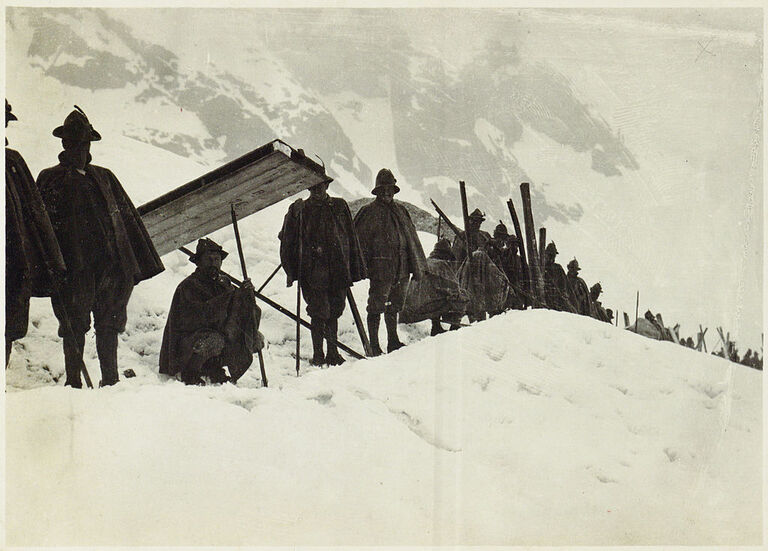
Climate Change
Findings
From this new evidence, experts found that there was at least one Austro-Hungarian group at the peak of the White War. Experts have tried to excavate the site but these attempts have been unsuccessful because of the ice wall located in this area.
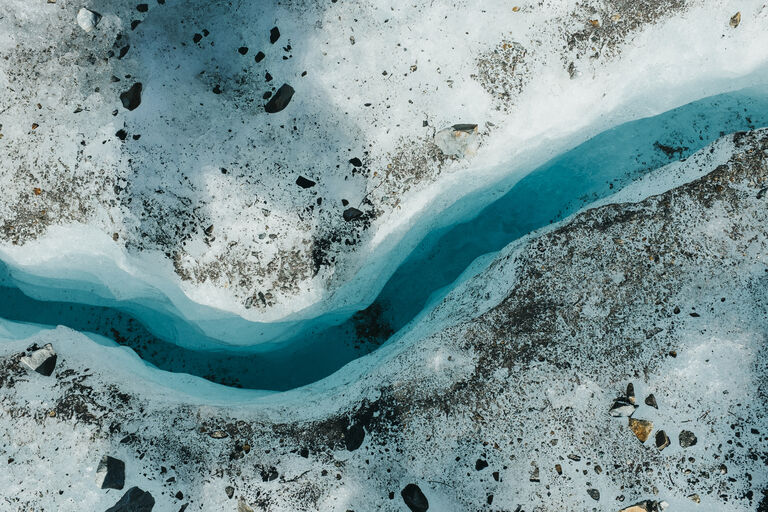
Findings
Melted A Lot
Climate change is only getting worse, which has caused the glacier at the top of Mount Scorluzzo to melt even more than before. The ice retreated so drastically in 2018 where it allowed access into the cave entrance.
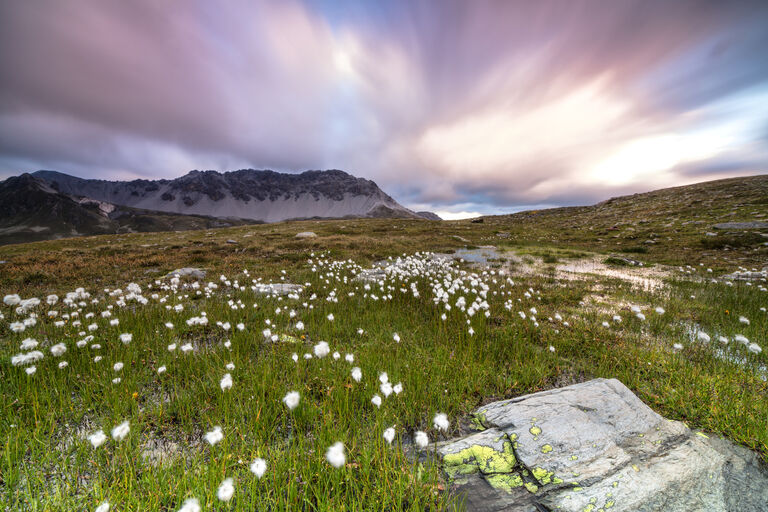
Melted A Lot
Giving Way
A team of experts was sent to the site where they found something unbelievable. They discovered a military barracks that previously housed a group of Austro-Hungarian soldiers. Most of its contents remained intact and allowed a glimpse into what life was like then.
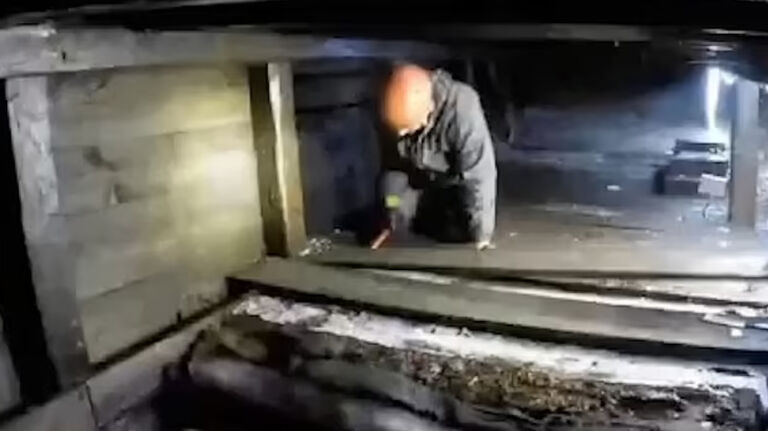
Giving Way
A Time Capsule
Many of the researchers stated that the barracks felt like a time capsule. It allowed them to understand the extreme conditions these soldiers experienced. This knowledge is a positive outcome from the adverse effects of climate change.
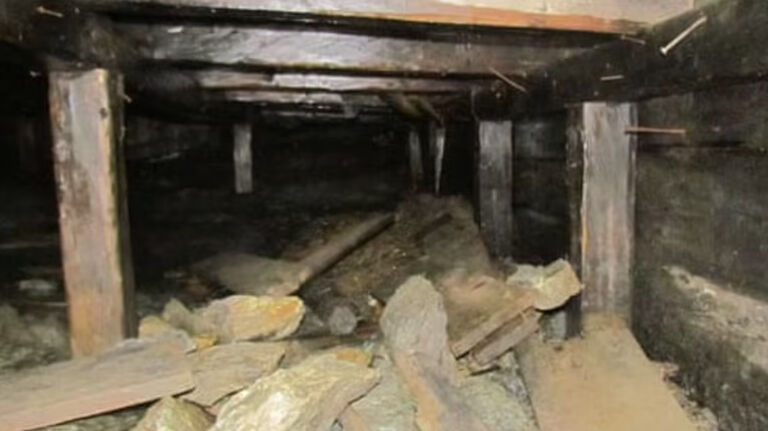
A Time Capsule
Tons of Artifacts
These experts had retrieved around 300 artifacts by April 2021. They gathered letters, clothing, postcards, and other personal items that belonged to the soldiers. However, researchers also understood that it was a struggle to live in these barracks.
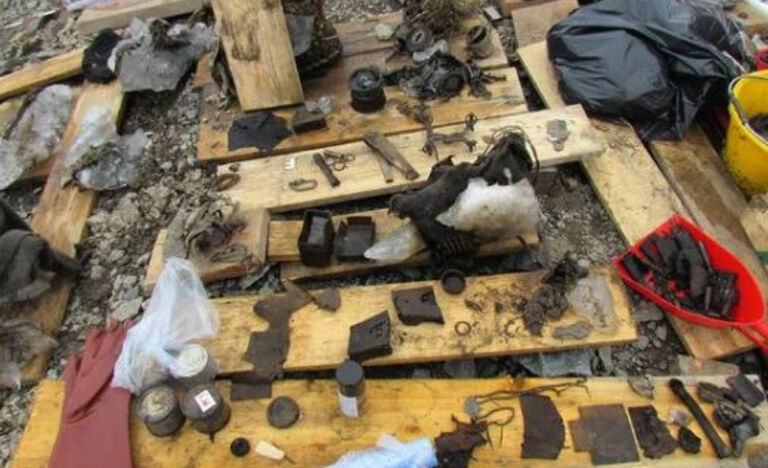
Tons Of Artifacts
Not Comfortable
From this setup, it seemed that soldiers were required to sleep on beds made from straw. They also only ate tinned food, and it didn’t take long before the rations ran low. This meant that the soldiers needed to look for other food sources.
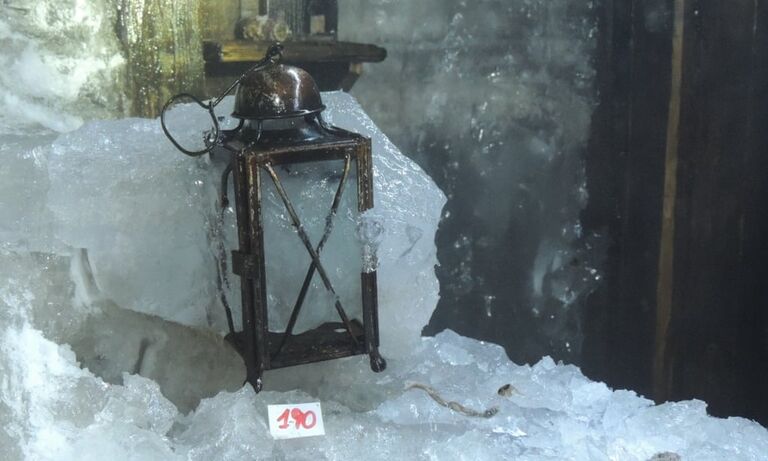
Not Comfortable
Time Stopped
For many of the experts, it felt like time had stopped. After entering the cave, they were taken back 100 years to where the last Austrian soldier had closed the door and hurried back down the mountain to safety.
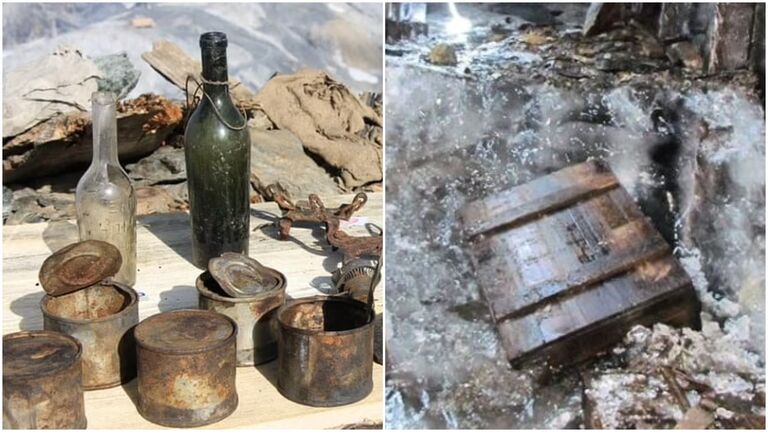
Time Stopped
Open Air Museum
The barracks can now function as a type of open-air museum. Nonetheless, an impressive collection of artifacts is starting to form from the findings in the Alps. The goal of this is to preserve the region’s history.
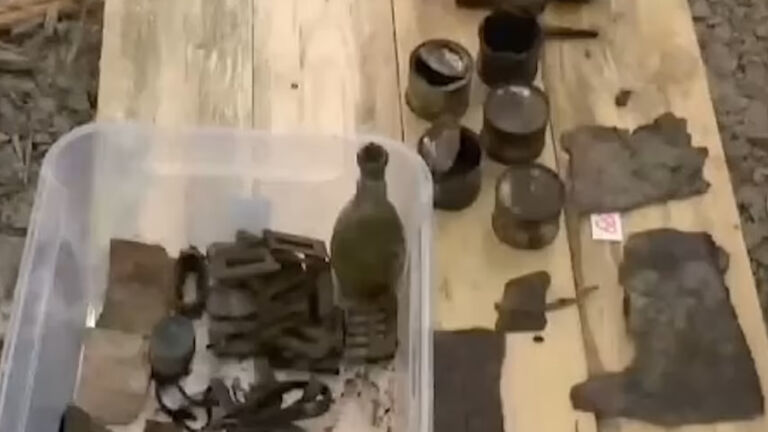
Open Air Museum
Other Amazing Finds
However, this isn’t the only amazing discovery found in the mountains of the region. From Lombardy to the Dolomites, the Italian Alps have been keeping secrets. The melting glaciers have been revealing many relics, and we can expect a lot more.
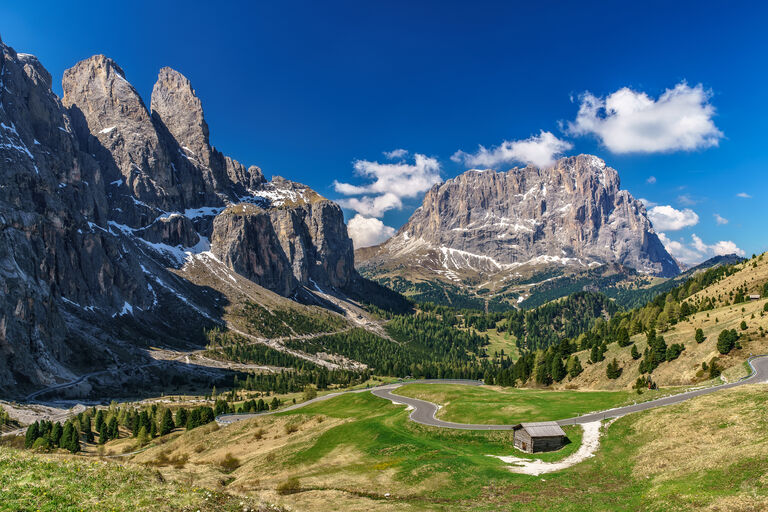
Other Amazing Finds
Daily Life
A few of the artifacts display what daily life was like during this battle. The diaries, sleds, and weapons offer some context to what the soldiers endured. However, many ordinary people have made their own discoveries.
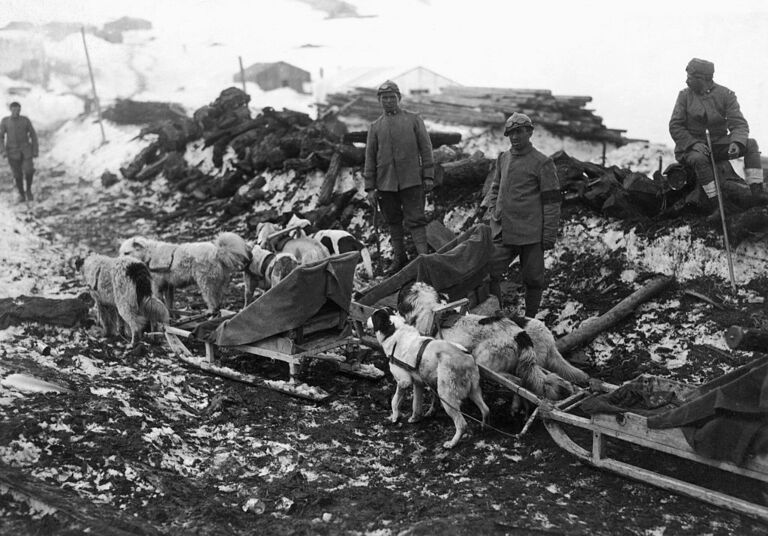
Daily Life
Not Rare
One man was hiking the Adamello region and found a dead soldier’s body. It isn’t rare to make these discoveries, as a corpse is found every three years. However, other discoveries predate the White War.
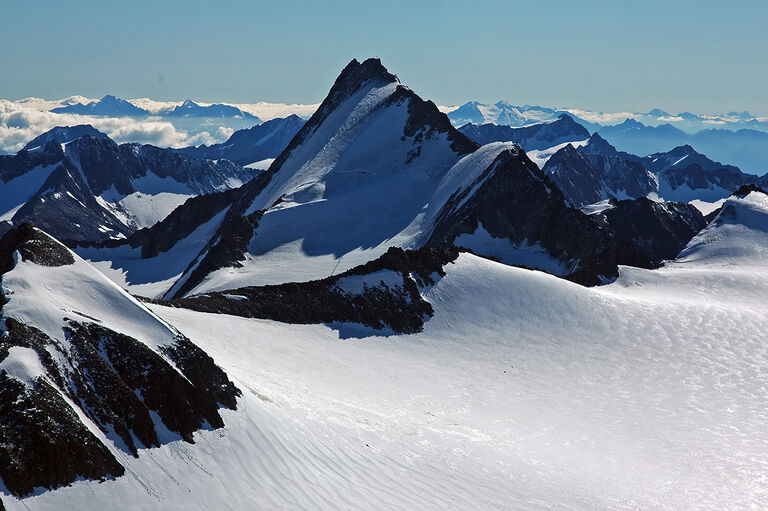
Not Rare
More Relics
Nonetheless, the relics researchers are focusing on are the ones from the White War. However, ordinary individuals are the ones discovering items from far before WW1. Two hikers identified a body dating back 5,300 years.

More Relics
The Copper Age
Called Özti the Iceman, this ancient remain offered more insight into life experienced during the Copper Age. Much speculation has been created around possessions, tattoos, and clothing following this discovery.

The Copper Age
Amazing Discovery
Many stated that the Özti discovery was something spectacular. Not only was this relic left in the ice for thousands of years, but it’s also believed that it paved the way for new archaeology.
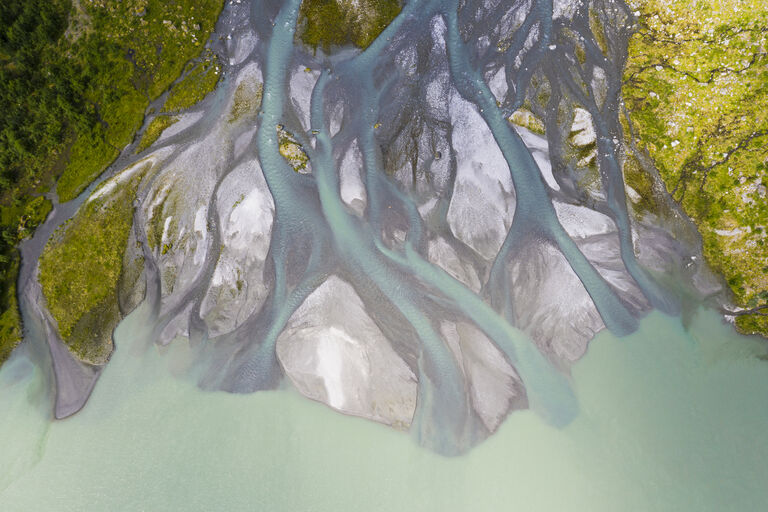
Amazing Discovery
Ancient Rocks
In another part of Stelvio National Park, the glacier has revealed some ancient rocks with writing. Even though this glacier melting has been great for experts, it isn’t good news for the Italian Alps, as it’s causing valuable mountain terrain deterioration.
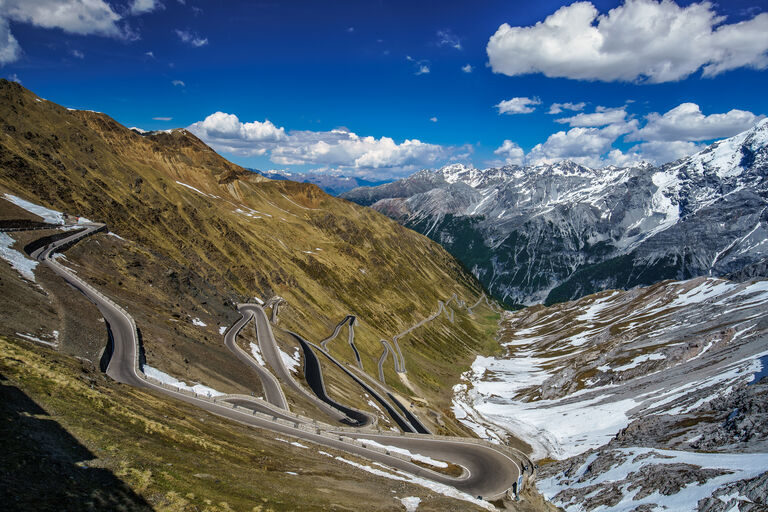
Ancient Rocks
Speeding Up
One glacier found in the Italian Alps is called Forni. Reports have found that the Forni glacier has melted more than one mile in the last century. However, this process is speeding up and causing many problems.
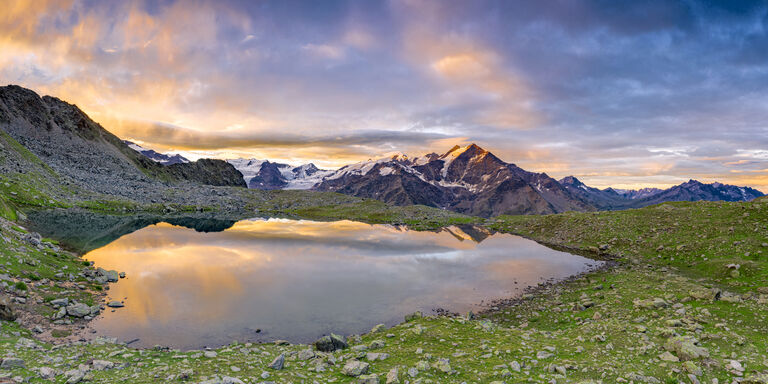
Speeding Up
Causing Accidents
Onlookers watched as the melting glacier caused the Val Pola landslide in 1987. This tragedy caused many fatalities and experts have gone on to state that climate change has also been adversely affecting the flora and fauna found in this region.
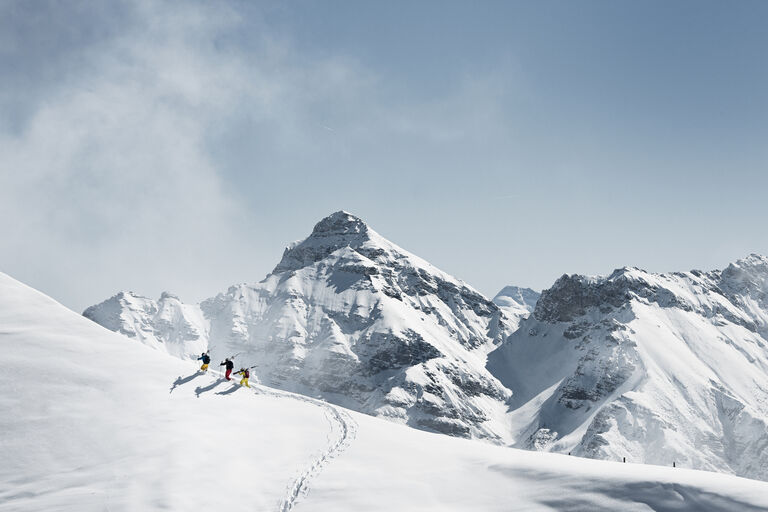
Causing Accidents
Flora and Fauna
The melting glaciers are also changing the temperatures in this region. Species are suffering in these warmer environments, which has led to these creatures traveling higher in search of colder temperatures and better food sources.
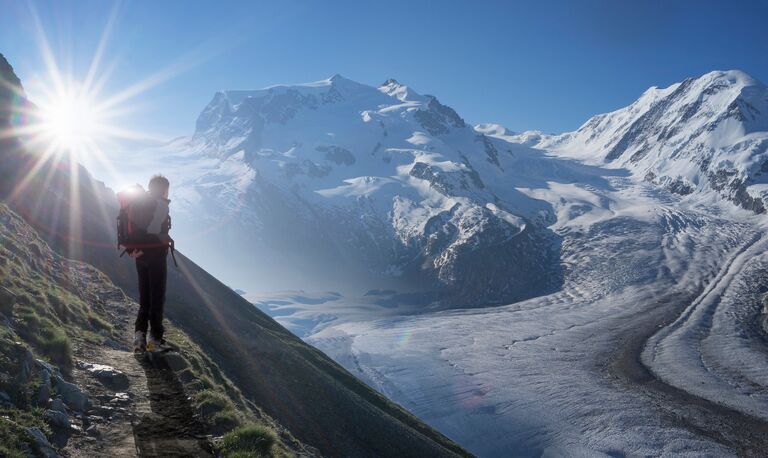
Flora And Fauna
Not Like This Forever
From these reports, this Alpine region isn’t expected to remain in pristine condition for long. Although this is scary news, many people can’t wait to see the types of secrets that are bound to be revealed from underneath this snow.
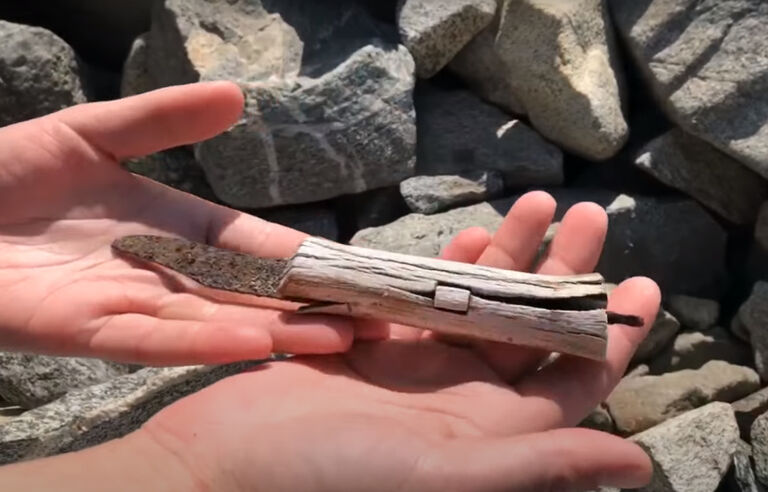
Not Like This Forever
More to Come
From the research work conducted in the Norwegian region of Oppland, the Italian glacial archaeologists are bound to have a field day. Over 2,000 artifacts have been discovered in this region since 2011 with some dating back to 6,000 years ago.
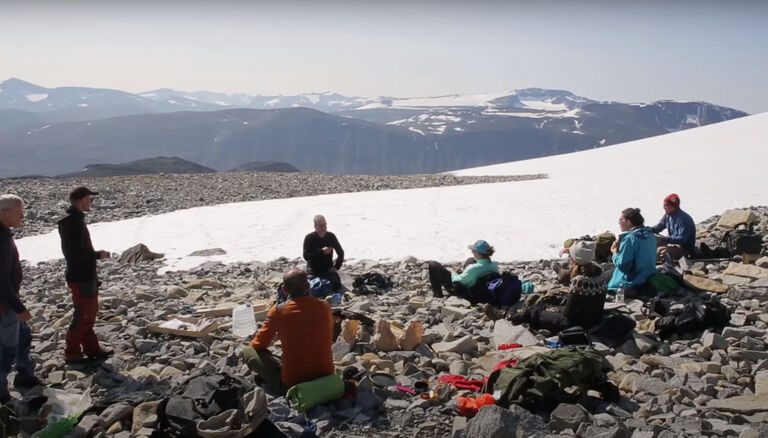
More To Come
Great Shape
Although these artifacts are old, experts believe these to be in great shape. This is likely due to the cold conditions of this region. Some of these artifacts include clothing, arrows, skis, and even hunting equipment.
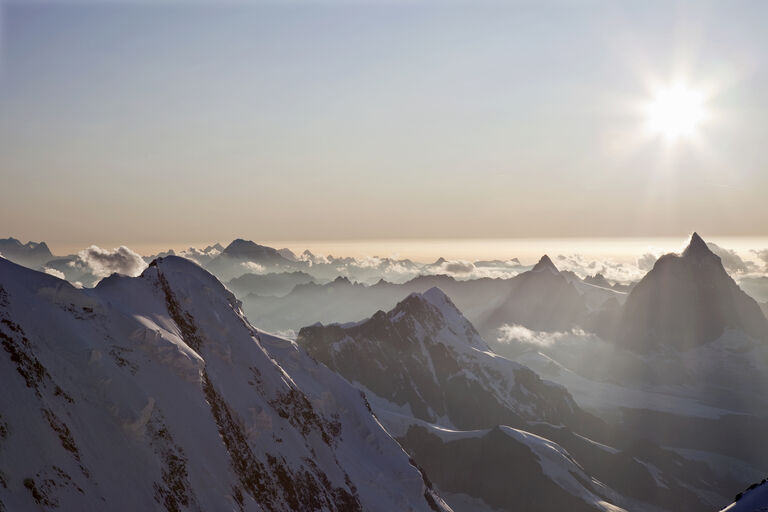
Great Shape
Different from Normal Research
In many aspects, glacial archaeology is easier than other lines of work. This is because you don’t need to dig and excavate in the same way. Experts are required to search for things that this melting ice has revealed. However, it can also be exhausting work.
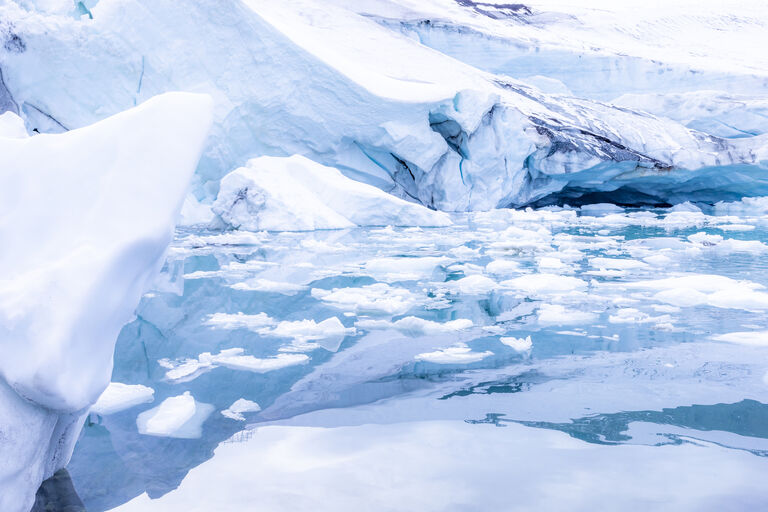
Different from Normal Research
A Complex Field
Teams are required to do long hikes in extremely hostile conditions. In some instances, these experts need to take helicopters to reach these sites. Nonetheless, their work in this complex field is necessary and important.
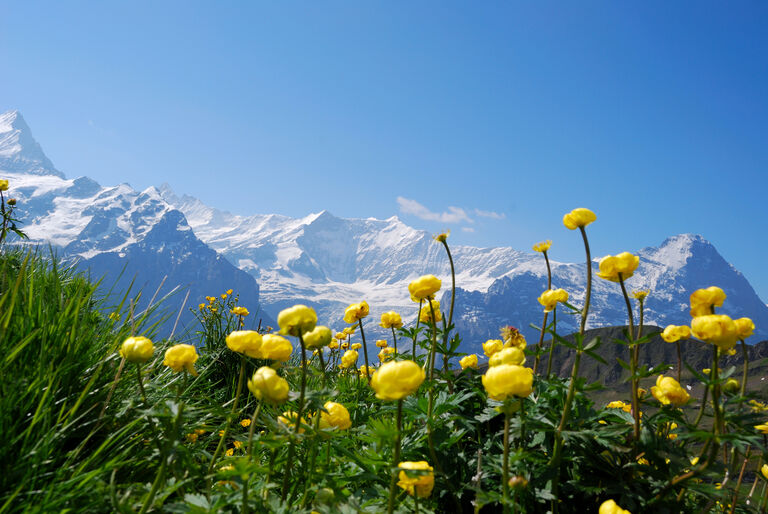
A Complex Field
Continue Finding
With climate change, we’re bound to have new and interesting items popping up from the snow. From here, glacial archeologists can help us understand what these mean and paint a picture of the world that we previously didn’t know existed.
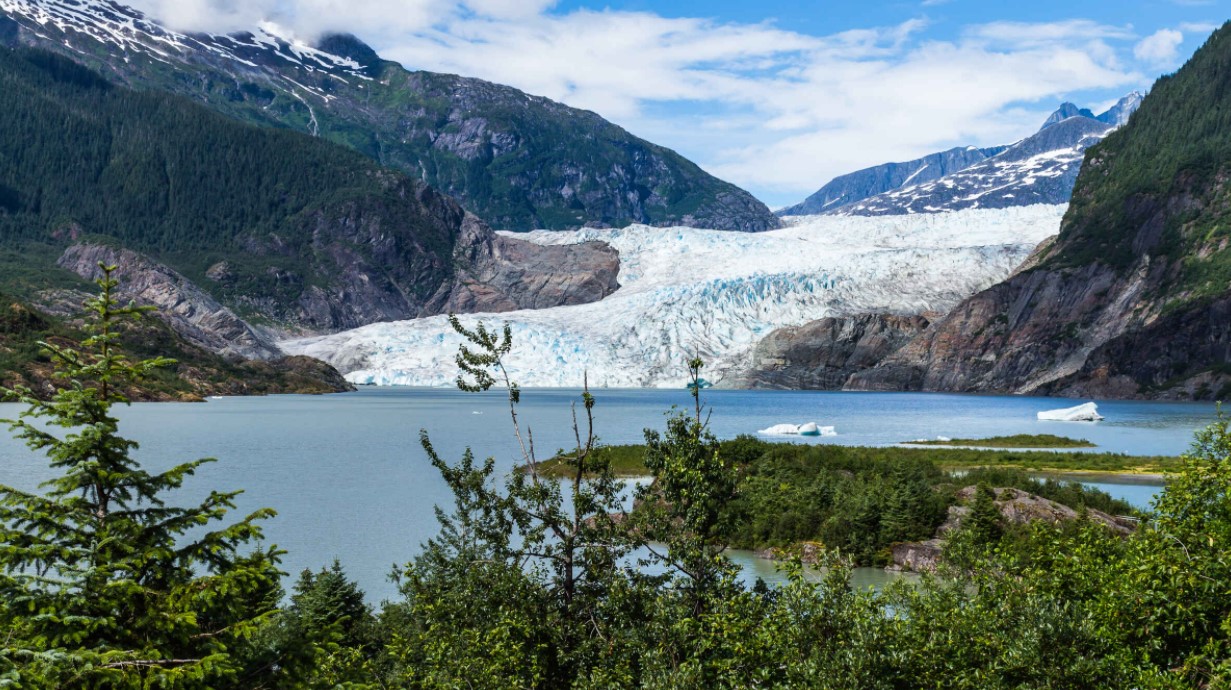
Continue Finding


